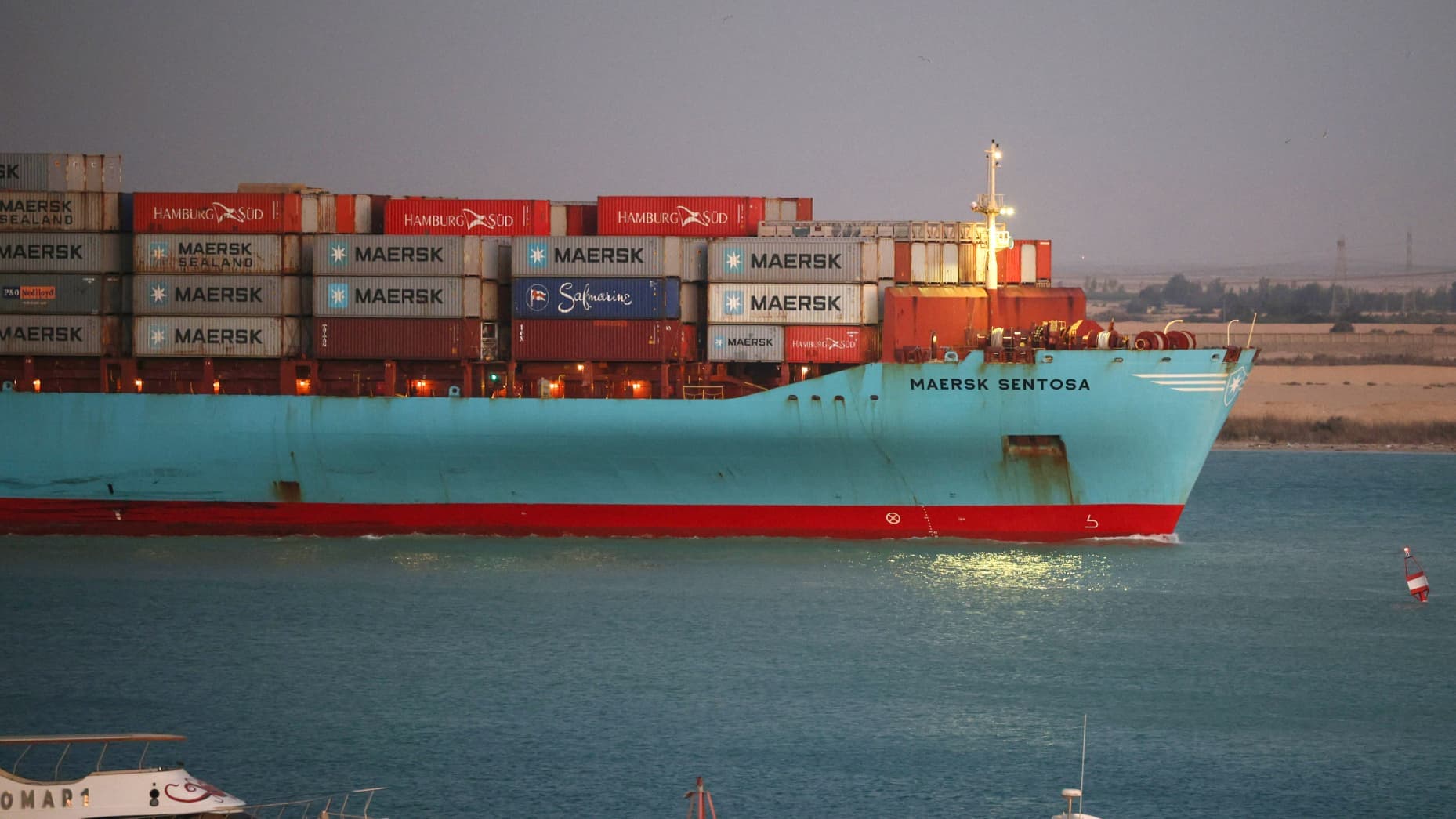Share discoveries on the world of Logistic, find curiosities about cargo services, produce insights on how intelligent agents work.

Many US-based ocean freight brokerage firms are facing the challenge of adapting to changes in global trade regulations and tariffs. With the implementation of new policies and tariffs by various countries, these firms must stay up-to-date on the latest developments in order to effectively navigate the complex world of international shipping. Additionally, they must also find ways to mitigate the impact of these changes on their operations and bottom line. For example, a US-based ocean freight brokerage firm may need to reevaluate their routes and carriers to avoid higher tariffs or find alternative solutions for their clients. They may also invest in technology and software to streamline their operations and improve efficiency in order to offset any additional costs incurred due to the changing global trade landscape.
By staying informed and proactive, companies can adapt to these challenges and remain competitive in the market. This may involve forming strategic partnerships with other industry players, diversifying their service offerings, or exploring new markets to offset any potential losses. It is essential for businesses to continuously assess and reassess their strategies in response to the ever-evolving international trade environment. Failure to do so could result in missed opportunities or even jeopardize the long-term viability of the company. Ultimately, businesses must be agile and adaptable in order to thrive in the dynamic world of international shipping. It is crucial for companies to continuously assess and adjust their strategies.
While it is important for businesses to be adaptable in the international trade environment, constantly changing strategies may lead to inconsistency and lack of focus. It is also essential for companies to maintain a balance between flexibility and stability in order to sustain long-term success. Finding this equilibrium can be challenging, as the global market is constantly evolving and presenting new challenges. However, by staying informed about industry trends and remaining open to adjusting strategies when necessary, companies can position themselves for sustained growth. In the end, striking the right balance between adaptability and stability is key to navigating the complexities of international shipping and ensuring long-term success in the competitive global marketplace.